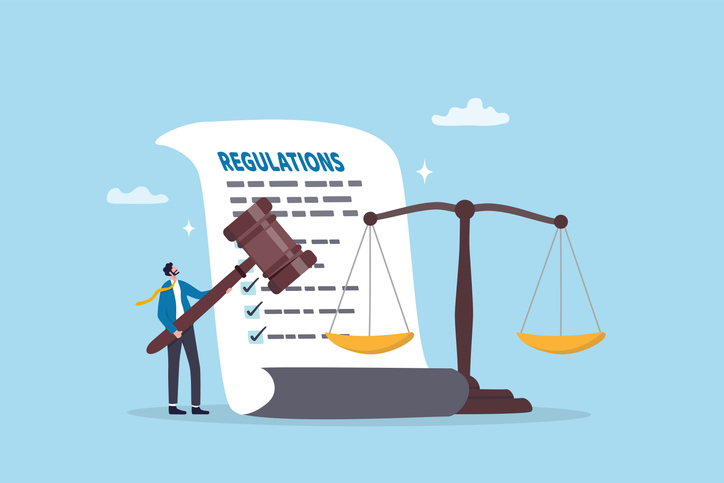One in four adults are affected by mental illness at some point in their lives, according to a survey conducted by the National Centre of Social Research. What’s more, a further 18 per cent of adults reported experiencing poor mental health but not having been diagnosed.
With a certain degree of stigma still existing surrounding the disclosure and discussion of mental health, the cycle of poor mental health may well be perpetuated if employers and their management teams don’t learn to spot the early signs of mental health issues in the workplace.
Levels of sickness are high
Absences from work due to health issues can be the first sign of possible mental health issues. Whilst many employees may not feel comfortable in stating stress, anxiety or depression as their reason for absence, taking regular shorter-term absences for an on-going problem without the provision of a doctor’s note may be reflective of an underlying mental health issue.
Employee engagement and performance slip
There are many reasons why employees may start to show signs of poor productivity and a lack of interest in their job. This could range from low levels of communication across the workforce to negative employer-employee relationships. Alternatively, it could mean that an employee is suffering from mental health issues.
People experiencing poor mental health may appear tired and lethargic, demonstrate an inability to make decisions and exhibit unusual displays of emotion included frequent irritability. Whilst these behaviours may appear similar to that of a disengaged employee, they are also early signs of stress or an emerging mental health problem.
An increase in staff turnover
When employees leave your organisation, this may relate to a negative workplace culture, a lack of internal development or not enough focus on employee health and wellbeing. If your employee turnover starts to spike, it might be a result of the latter.
Employees who are experiencing mental health issues may resign because they feel that cannot get better whilst they are still at work. Whilst others may resign because work is the cause of their poor mental health.
Regardless of the reason behind the resignations, low engagement levels and sickness absence, in order to prevent further loss of staff, employers should look to implement a wellbeing strategy that focusses on building an early warning system with regards to mental health. This may include providing training to staff to help them recognised when they are stressed and effective ways to deal with that stress.
Employers should also provide information on any services available to support staff, for example confidential telephone advice or counselling. It is also important to build an open workplace culture regarding mental health from the top level down. This will involve educating all employees on mental health issues and regularly monitoring staff to see how they are feeling, whilst assessing how the workplace can be improved to support positive employee health and wellbeing.
David Price is managing director of Health Assured.





